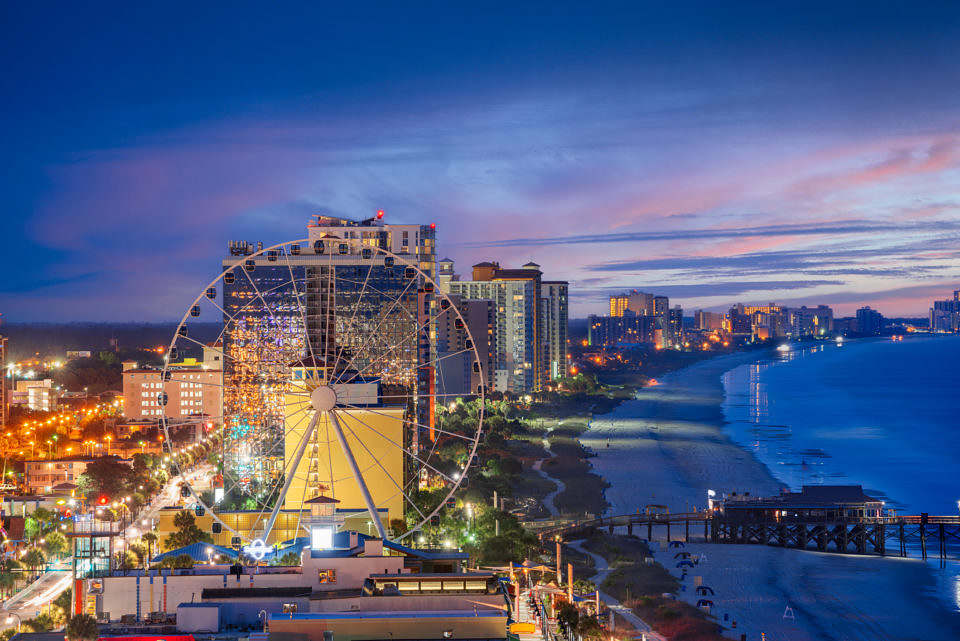|
Getting your Trinity Audio player ready...
|
South Carolina Supreme Court Failed Local Businesses
Activist ruling upholding Myrtle Beach’s ‘Boulevard Ban’ could have catastrophic consequences across the state …

2 comments
The “public necessity” doctrine is the most slippery.
Wow…. Will is REALLY jumping the shark on this one -trying to tie regulation of a business to racism? Perhaps he’d like a vape shop located next to his house? Or maybe a strip club? Vape shops DO tend to increase criminal activity in an area, much like bars.